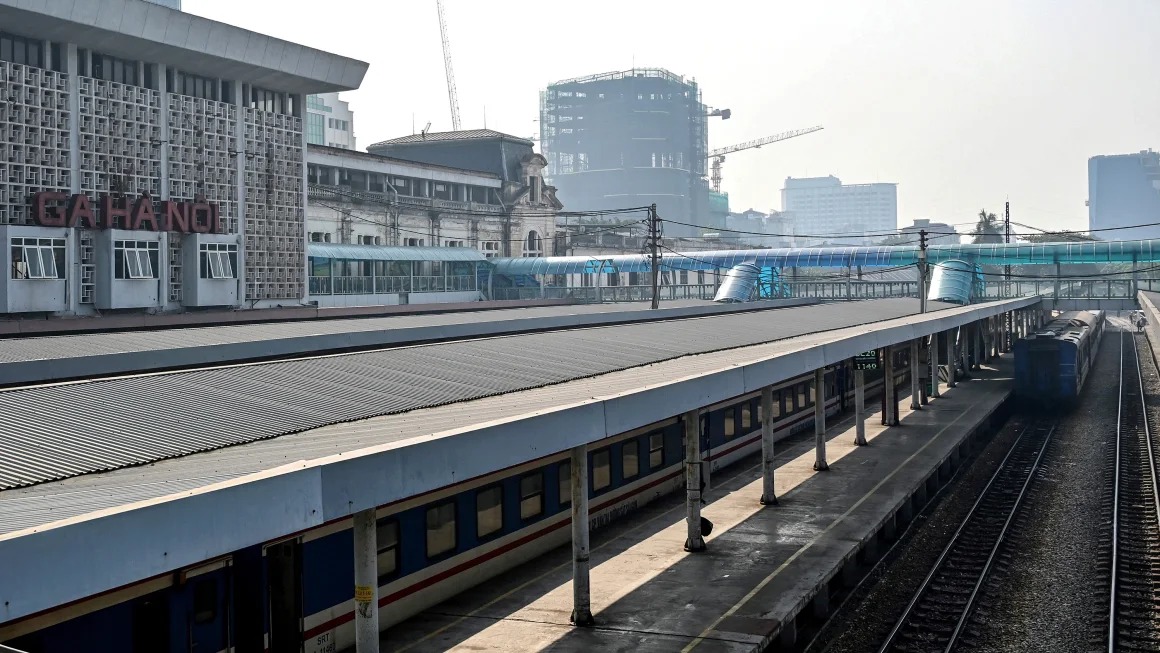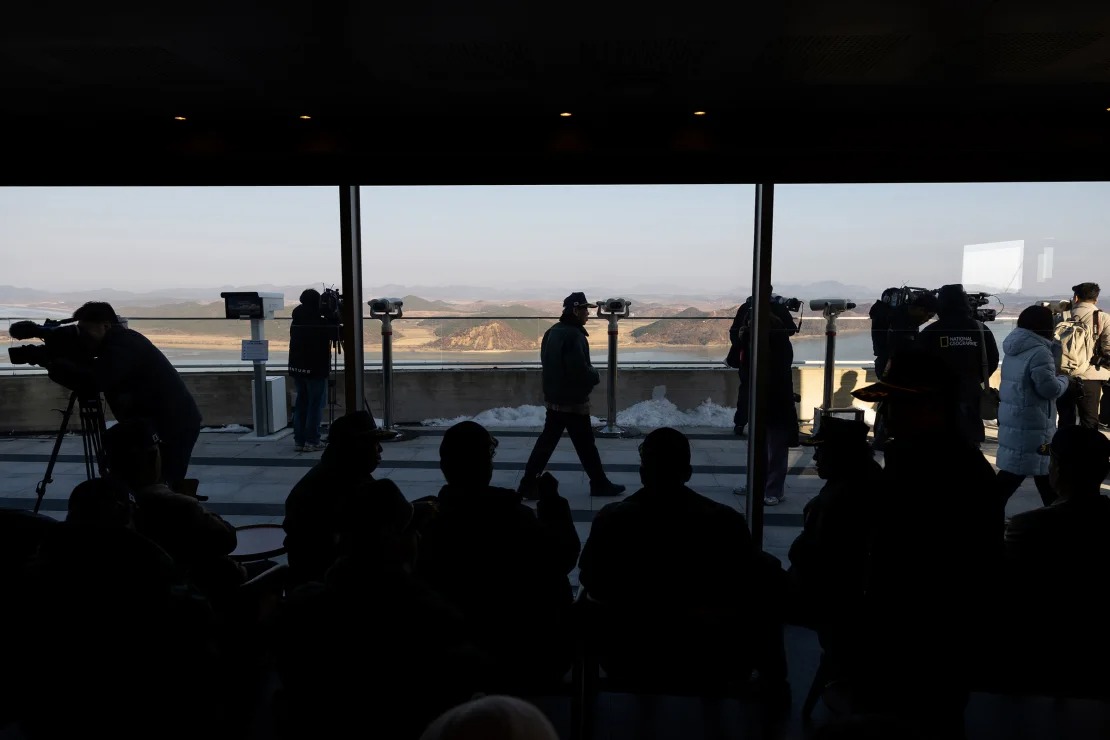On December 1, Gulf Air Flight GF5, a Boeing 787 Dreamliner en route from Bahrain to Manchester, faced an unexpected technical issue that forced the aircraft to divert to Kuwait International Airport. This incident has since drawn attention to the complications of international travel, highlighting the critical importance of visa policies and contingency planning during flight diversions.
The Incident: A Routine Journey Gone Awry
Flight GF5 departed Bahrain at 2:05 am, with a planned duration of 7.5 hours to Manchester. Midway through the journey, an unforeseen technical malfunction prompted the aircraft to divert for safety reasons, landing in Kuwait at 4:01 am local time. While safety remains a top priority in such situations, the diversion set off a cascade of challenges for the 300-plus passengers onboard.
Among those most affected were Indian nationals, many of whom were transiting to the UK via Bahrain. The diversion to Kuwait—a country that does not offer visa-on-arrival (VoA) to Indian citizens—left them stranded in the airport terminal. Passengers from other countries with VoA privileges were permitted to exit the airport and arrange alternative accommodations, but Indian travelers faced a uniquely challenging predicament.
Stranded Without Support
As Kuwait was hosting a Gulf Cooperation Council (GCC) summit at the time, hotels in the city were nearly fully booked. This left Indian passengers not only confined to the airport but also without any immediate accommodation options. The frustration was palpable, with families, elderly travelers, and students among those left in limbo.
The situation underscored the importance of understanding visa regulations, especially when unforeseen events like technical malfunctions force unplanned layovers. For many of the stranded passengers, the diversion highlighted a significant gap in preparedness for such contingencies.
Challenges Faced by Indian Nationals
For Indian nationals, the inability to leave the airport created a domino effect of difficulties:
- Restricted Mobility: With no VoA policy in place, Indian travelers were unable to step out of the terminal to seek alternative solutions, unlike their counterparts from countries with less stringent visa requirements.
- Accommodation Crisis: The GCC summit had already strained Kuwait’s hospitality infrastructure. Hotel rooms were scarce, and Gulf Air struggled to arrange suitable accommodations for passengers, further exacerbating tensions.
- Limited Support: Although Gulf Air and the Indian Embassy in Kuwait stepped in to assist, the sheer volume of logistical hurdles, including rebooking flights and finding accommodation, slowed progress.
These challenges served as a stark reminder of the limitations travelers may face during unexpected disruptions, particularly when navigating international borders with varying visa policies.
The Role of the Indian Embassy
The Indian Embassy in Kuwait acted promptly, offering assistance to the stranded passengers. However, the complexities of the situation meant that finding solutions was no small task. With hotel availability at an all-time low and high demand for alternative travel arrangements, embassy officials faced a significant logistical challenge.
The embassy’s efforts included:
- Coordinating with Gulf Air to expedite rebooking processes.
- Exploring temporary accommodation options for affected passengers.
- Communicating with passengers to provide updates and support during this distressing time.
Despite these efforts, the scale of the crisis left many passengers feeling frustrated and helpless as they awaited resolution.
Gulf Air’s Response
Gulf Air, the national carrier of Bahrain, acknowledged the situation and worked to address passenger concerns. The airline expressed regret over the inconvenience caused and assured travelers of its commitment to their safety and comfort. Efforts included:
- Arranging alternative flights for passengers to reach their final destinations.
- Providing support for accommodation where possible.
- Coordinating with authorities to manage the situation effectively.
While Gulf Air’s response was proactive, the unique challenges posed by the lack of VoA for Indian citizens and the accommodation shortage underscored the need for airlines to develop robust contingency plans for such scenarios.
The Broader Implications
This incident has brought to light several important considerations for international travel:
- Visa Awareness: Travelers must be aware of visa policies for all potential transit points, even unplanned ones. Countries like Kuwait, which do not have lenient VoA policies for certain nationalities, can pose significant challenges in emergency situations.
- Contingency Planning: Airlines must ensure comprehensive plans are in place for handling diversions, particularly when passengers are from diverse national backgrounds with varying entry requirements.
- Traveler Preparedness: Passengers should consider carrying essential items and researching transit policies before embarking on international journeys to mitigate the impact of unexpected events.
Lessons for the Future
This incident serves as a cautionary tale for both travelers and the aviation industry. Key takeaways include:
- Enhanced Communication: Airlines should improve communication with passengers during disruptions to manage expectations and reduce frustration.
- Collaborative Solutions: Governments, airlines, and embassies must collaborate to create streamlined processes for assisting stranded travelers, particularly in situations involving strict visa regulations.
- Improved Support Systems: The availability of temporary accommodations and rapid rebooking mechanisms should be prioritized to address the needs of passengers in distress.
The Road Ahead
As Gulf Air and the Indian Embassy continue working to resolve the situation, passengers remain hopeful that they will soon be able to continue their journey to Manchester. For now, they face an uncertain wait at Kuwait International Airport, a stark reminder of the unpredictability of air travel and the importance of preparedness.
The aviation industry, governments, and travelers must take this incident as an opportunity to reflect on the vulnerabilities exposed by such disruptions. By addressing these challenges collaboratively, future crises of this nature can be mitigated, ensuring a smoother and more seamless experience for all.






















